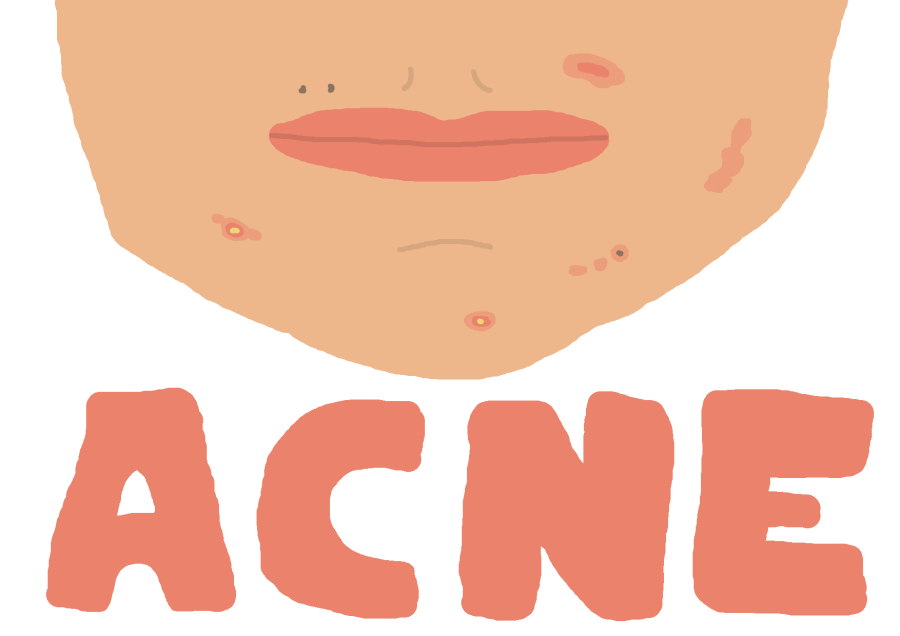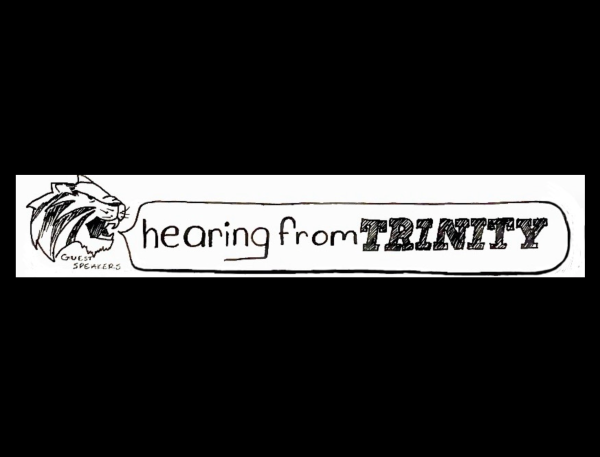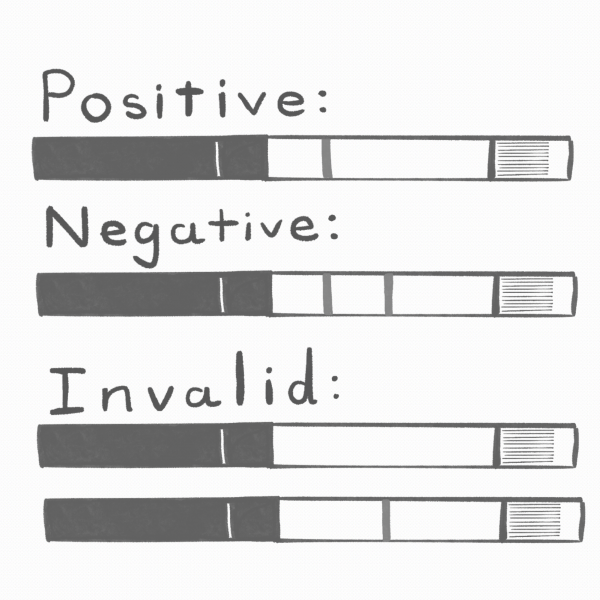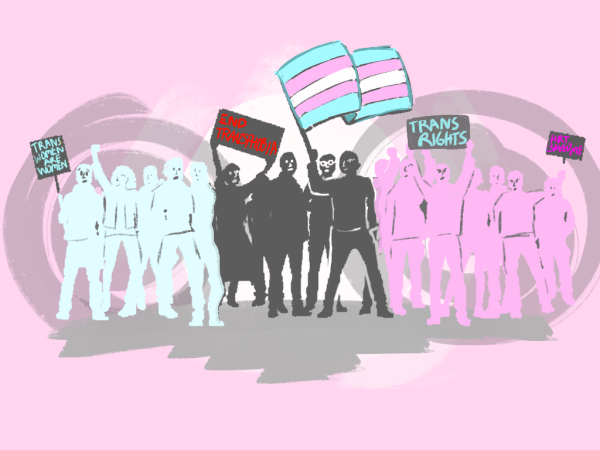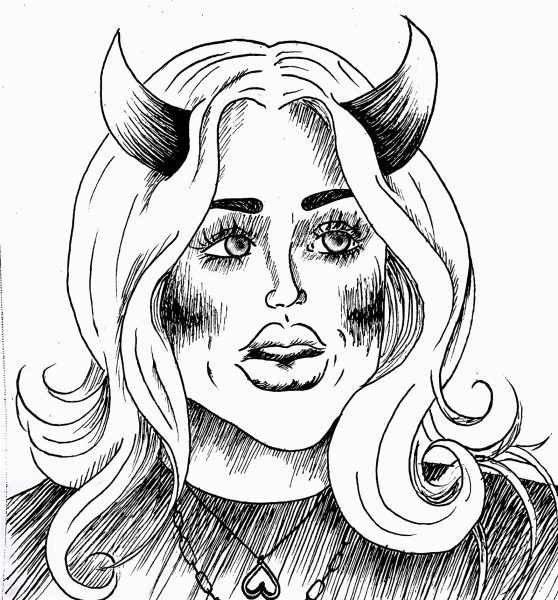Please, stop telling me to wash my face
Companies and the mainstream media need acne-positivity
I got my first pimple in elementary school. My nickname in middle school was pizza face. In high school, I learned to cover up my acne with makeup. I tried everything for my skin: pimple patches, charcoal masks, dairy-free diets, antibiotics, benzoyl peroxide, clindamycin, tretinoin, spironolactone, doxycycline, accutane — everything. And yes, I’ve tried washing my face.
I’m not unique in my experience. 85% of Americans ages 12 to 24 have acne, yet acne is absent from mainstream media. Without representation, people with acne continue to feel alone and isolated in their struggle.
Throughout my acne journey, there have been extreme highs and lows. When antibiotics cleared my skin and I could run a finger across my cheek without feeling a pimple for the first time, I cried. When my acne reappeared months later, I cried again. When friends asked me if I washed my face or when strangers at restaurants came up to sell me their skincare products, I felt like I wasn’t doing enough. I kept searching for the miracle product that would make it all go away.
Chasing the image of clear skin, Americans spend over $3 billion dollars a year on over-the-counter acne treatments and an additional $3 billion dollars on dermatologist visits and prescriptions. Skincare brands promote false promises of clear, dewy skin, targeting people like me. Advertisements show before and after pictures featuring acne-pocked skin transformed into clear, radiant skin. In reality, acne leaves scarred skin. No matter how it’s advertised, one product is not going to change that.
Whether one’s acne is visible or not, it can negatively affect one’s body image and self-esteem, leading to increased anxiety and depression. A study by a skincare brand found that 71% of participants believed their acne made them less attractive and half of the participating teens said social media made it harder to have acne, causing them to post fewer pictures of themselves online.
Sofia Grahn is an acne activist who rose to fame documenting her accutane journey. Accutane is a medication that treats severe cystic acne that doesn’t respond to topical treatments. It is also used for chemotherapy. Post-treatment, she posts makeup-free, untouched selfies featuring her acne scars and occasional breakouts.
Seeing influencers like Grahn can be life-changing. After a round of accutane, my skin is clearer than it was, but I still have breakouts and I don’t see a future where I have consistently clear skin. People like Grahn empower me to stop covering up my acne, let go of perfection and embrace my skin.
Brands are listening to the rising acne-positivity movement. The skincare company Starface sells colorful, star-shaped pimple patches that draw attention to acne marks in a fun, cute way, instead of covering them up. Dove, Olay and Fenty vowed to stop retouching their models’ skin. Their ads now show pores, blackheads and scars up-close and personal.
For people like me with untreatable acne, seeing women in advertisements with scars and acne makes me feel recognized and comfortable in my own skin. Starting with the changes spurred by my generation, my hope is that the next generation will experience comfort in their acne and let go of old ideas of perfection.
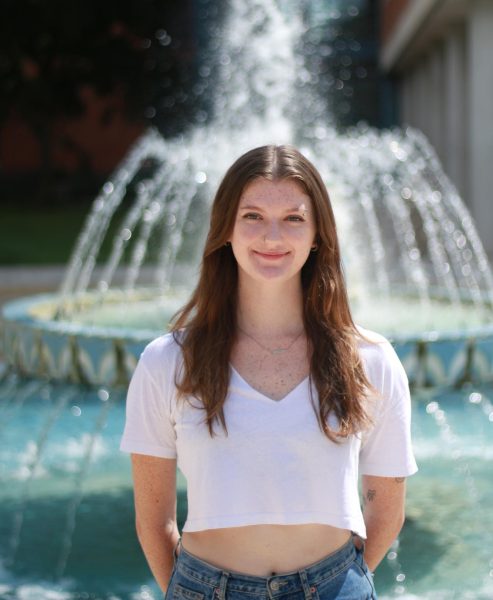
My name is Rachel Oliver (she/her), and I am a junior economics major and urban studies minor. I am the managing editor, and this is my third year working...

I'm Tony Rodriguez! I'm a junior from San Antonio, TX, majoring in math, and I worked as a copy editor for the Trinitonian about two years ago and am now...

